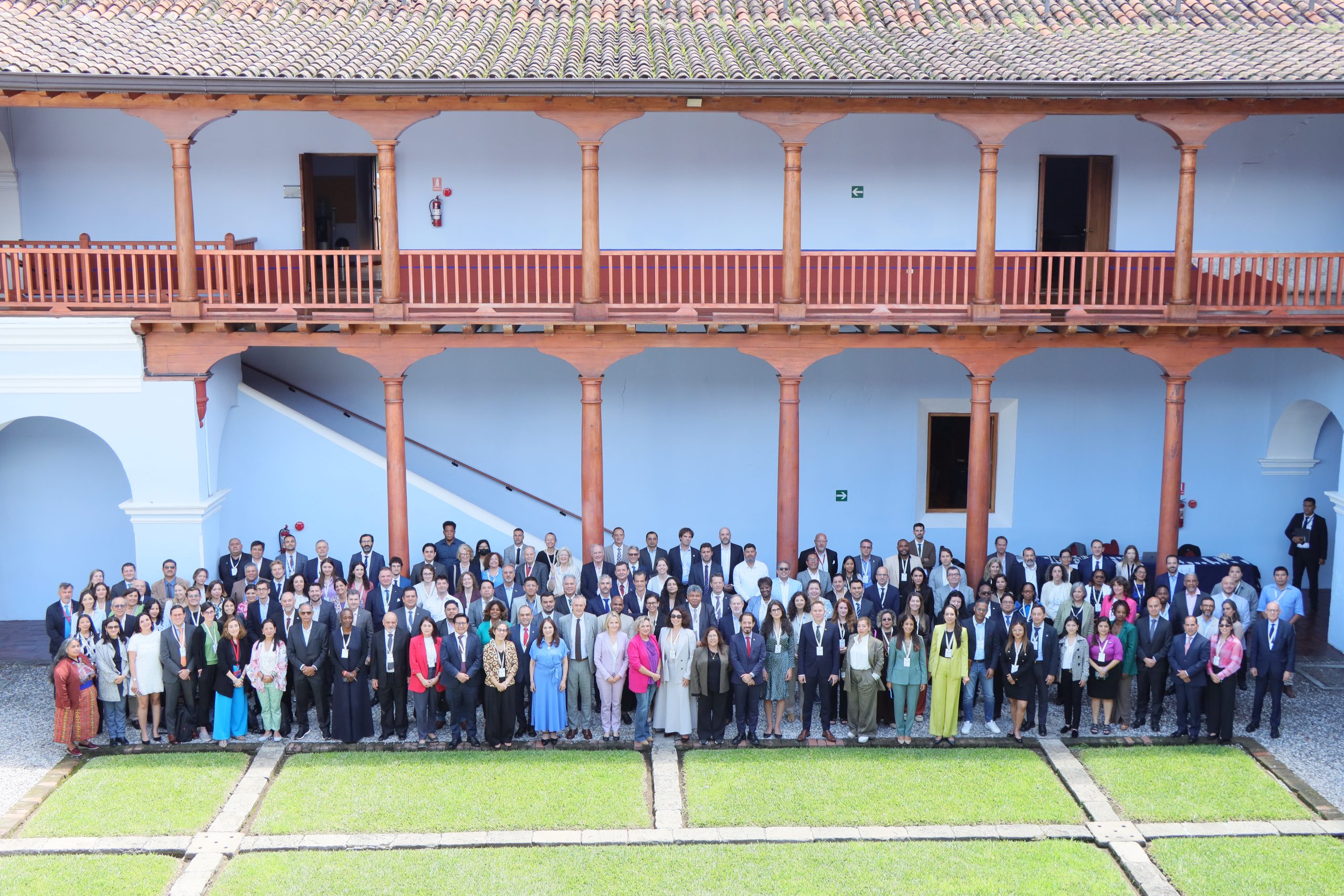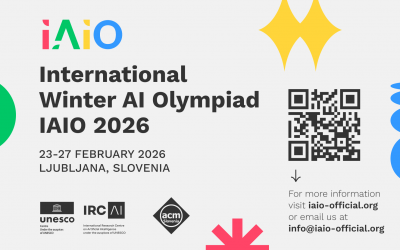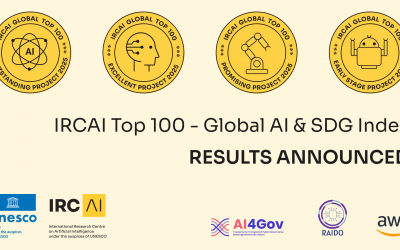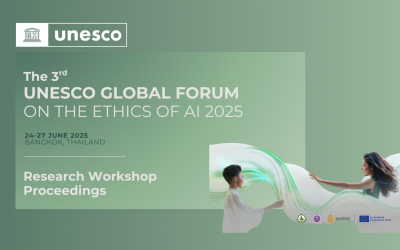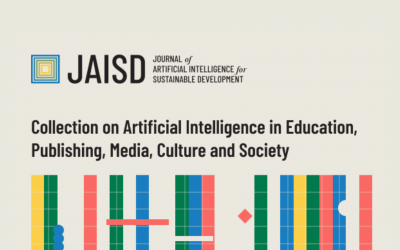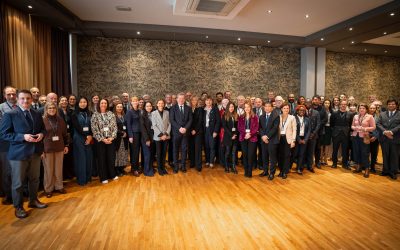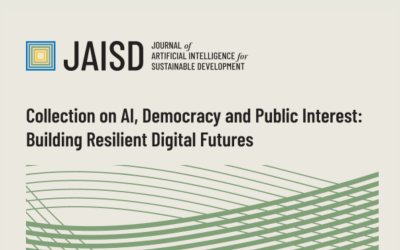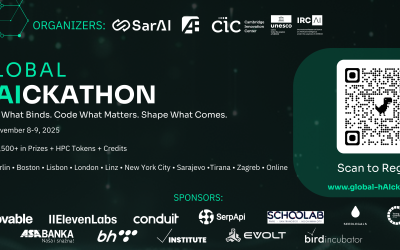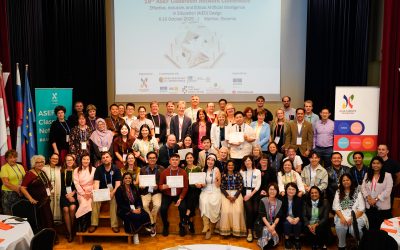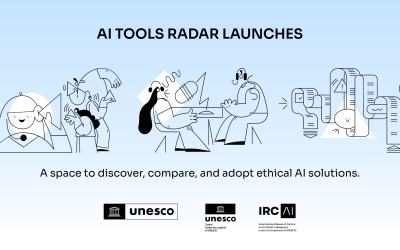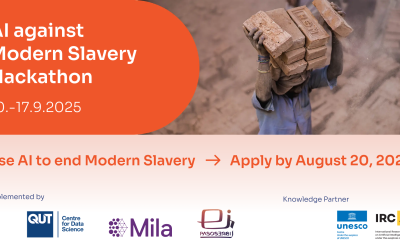The recent EU-LAC Digital Alliance Week in Antigua, Guatemala, in September 2025 brought together over 200 participants from both regions to review progress, reaffirm commitments, and discuss new initiatives ahead of the CELAC-EU Summit in Colombia (November 2025). The event highlighted the tangible impact of the Alliance’s work in all its components.
Since its launch in 2023, the EU-LAC Digital Alliance has been fostering bi-regional cooperation across digital technologies, policy frameworks, and governance models. Bringing together EU Member States, Latin American and Caribbean countries, the Alliance reflects a shared commitment to advancing digital transformation under the EU’s Global Gateway Strategy. The programme organizes high-policy level dialogues with multistakeholders, such as regional organizations, civil society, academia, and the private sector to promote a human-centric, inclusive, and secure digital transformation.
“The Global Gateway stands for sustainable and trusted connections that work for people and the planet. It helps to tackle the most pressing global challenges, from fighting climate change, to improving health systems, and boosting competitiveness and security of global supply chains.“ The Global Gateway Strategy

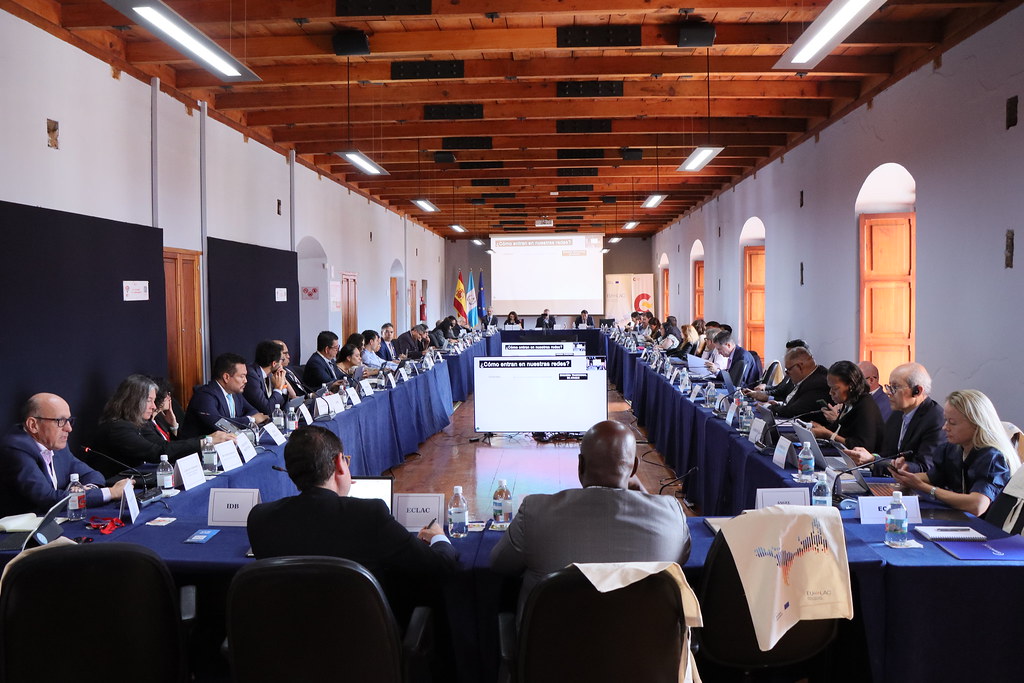
IRCAI’s work within the Digital Alliance
Among the Alliance’s main priority areas – data governance, e-governance, cybersecurity, and connectivity – artificial intelligence has emerged as a key new component. IRCAI serves as the implementing partner for the AI priority area, working to ensure that the digital transformation contributes to sustainable development and equitable opportunities across Europe, Latin America, and the Caribbean.
Our work focuses on advancing human-centric, inclusive, and human-rights-respecting AI governance, aligning regional efforts with the EU AI Act, eLAC 2026, and global frameworks such as the UN’s 2030 Agenda for Sustainable Development and the Global Digital Compact. Through its leadership, IRCAI promotes alignment of AI governance and policy frameworks, supports countries developing national AI strategies and ethical guidelines, and fosters multi-stakeholder cooperation between governments, academia, and civil society.
In addition to policy coordination, IRCAI contributes to the development of AI observatories and research, capacity-building programmes, and regulatory innovation across the LAC region. By strengthening knowledge exchange between European and Latin American institutions, IRCAI supports the creation of robust AI ecosystems, emphasizing transparency, righs-based innovation, and the inclusion of local and indigenous knowledge.
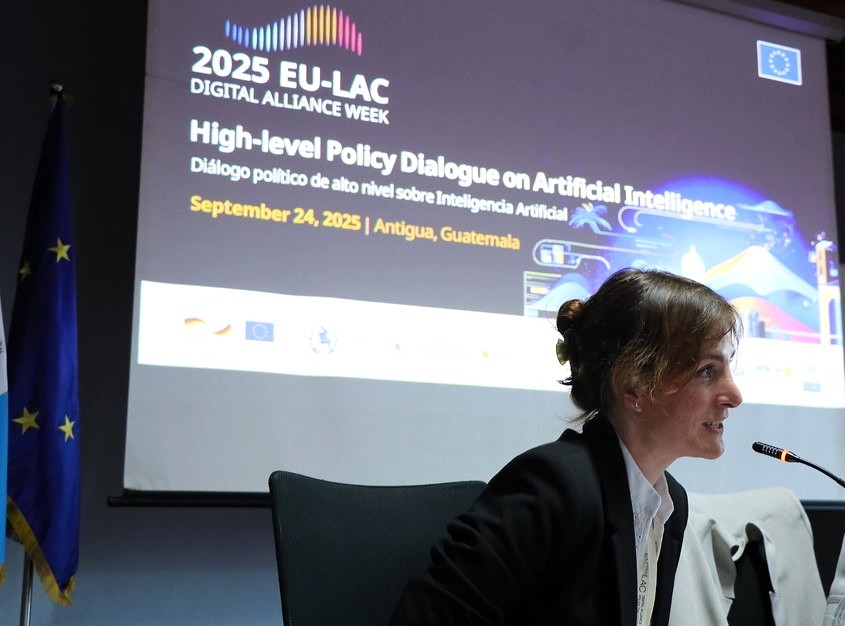
Digital Alliance’s outcomes so far
Over the past two years, the Digital Alliance has made notable progress across its thematic pillars:
- Artificial Intelligence (AI): Joint initiatives are advancing ethical and responsible AI development across the region. Through high-level dialogues and policy cooperation, IRCAI contributes to promoting inclusive AI governance aligned with the SDGs.
- Cybersecurity: The EU-LAC SHIELD network is being established to combine reactive incident response with preventive strategies, strengthening digital resilience in LAC countries. Collaborative projects also support national cybersecurity frameworks and critical infrastructure protection.
- Connectivity and Digital Infrastructure: Projects such as the BELLA subsea cable and new satellite initiatives are expanding high-speed connectivity for research, education, and innovation—laying the foundation for cross-border collaboration in AI and data-driven science.
- Data Governance and e-Governance: Multi-stakeholder dialogues and capacity-building initiatives are supporting governments in implementing data protection, digital identity, and e-governance frameworks, ensuring that digitalization benefits citizens equitably.
- Innovation and Skills Development: Through the EU-LAC Digital Accelerator and related programs, over 1,500 start-ups, SMEs, and research institutions are driving inclusive innovation. Initiatives such as the Network of Women Leaders in Digital are also closing gender and digital divides.
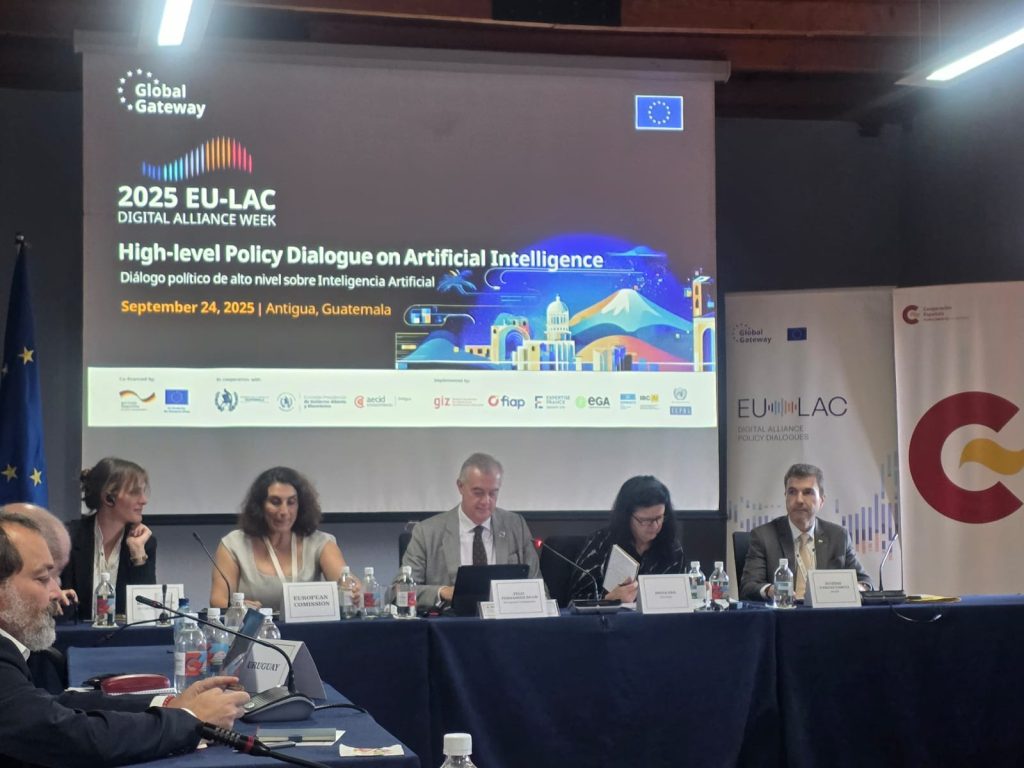
Looking ahead
As the EU-LAC Digital Alliance enters its next phase, the focus will remain on deepening cooperation and aligning policy priorities between the two regions. In 2025–2026, IRCAI will continue supporting policy dialogues, technical workshops, research exchanges, and capacity-building activities aimed at strengthening responsible and inclusive AI ecosystems. In 2027, IRCAI and the Ministry of Foreign Affairs of the Republic of Slovenia plan to host a High-Level Policy Dialogue on AI in Slovenia, marking another milestone in advancing bi-regional collaboration and sustainable digital transformation.
For full information on the Digital Alliance’s outcomes over the past two years, please read this EEAS article.
Related links
New Agenda to strengthen EU’s partnership with LAC
Bella Programme
EU-LAC Digital Accelerator
Copernicus LAC Chile
D4D Hub
LAC4 – Latin America and Caribbean Cyber Competence Centre

